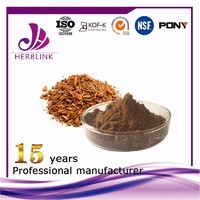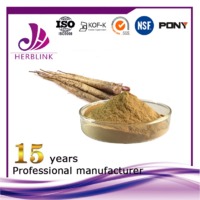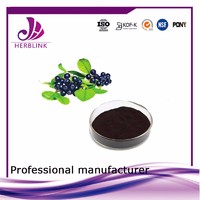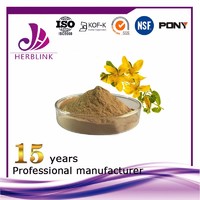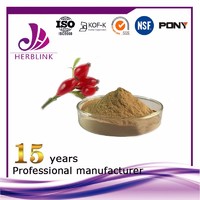Pygeum africanum Extract 10:1, Phytosterols 2.5% HPLC
Product Quick Detail
- FOB Price
- USD $99.00 / Piece
- Minimum Order
- 1
- Place Of Origin
- China
- Packaging
- N/A
- Delivery
- 15 Days
Specifications
Latin Name: Pygeum africanum.L
Synonyms: PAE,Pygeum , African plum tree, Pygeum africanum Hook. f., Prunus africana (Hook. f.) Kalkm.
Part of Used: Bark
Specifications: 10:1, Phytosterols 2.5% HPLC
Appearance: Brown fine powder
Application: Medicine, food additive, dietary supplement
What is Pygeum africanum?
Pygeum is an evergreen tree native to African forest regions. It can grow to 150 feet in height. The thick leaves are oblong in shape; the flowers are small and white. Pygeum fruit is a red berry, resembling a cherry when ripe. The bark (red, brown or gray) is the part of the plant used for medicinal purposes. It has a hydrocyanic acid-like odor.
The hard wood of pygeum is valued in Africa and is often used to make wagons. 1 Powdered pygeum bark is used by African natives to treat urinary problems.
Chemical constituents of Pygeum africanum Extract
The major bark components are fat soluble compounds. Triterpenes are present (14%), including ursolic, oleanolic and crataegolic acids. The lipid fraction contains fatty acids, which are 12 to 24 carbons in length. The ferulic acid esters are those bound to n-tetracosanol and n-docosanol. N-docosanol has been used in some patent medicines. Phytosterols present in pygeum include beta-sitosterol, beta-sitosterone and campesterol. Tannins have also been found in the plant.
Benefits of taking Pygeum africanum Extract supplements:
Studies have shown that pygeum supplements contain three food compounds that target the prostate and urinary tract:
(1) phytosterols, which have an anti-inflammatory effect;
(2) pentacyclic terpens, which have an anti-edema or decongestic effect;
(3) ferulic esters, which indirectly control testosterone activity in the prostate and also help to rid the body of cholesterol end-products associated with the condition. The prescribed dosage of pygeum supplementation (standardized to contain 13% total sterols) is 50 to 100 mg twice per day.
- Contact: yu zhang

